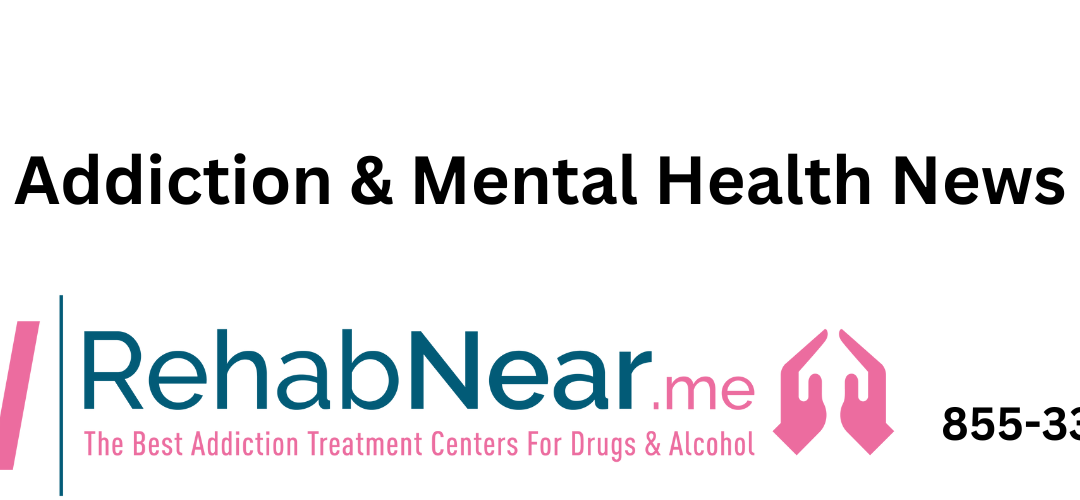In a recent article published in the International Journal of Behavioral Development, researchers examined the longitudinal association between mental health symptoms and prosocial behavior, i.e., behaviors intended to benefit others, such as sharing, showing empathy, and donating. They also explored the effects of parent-child relationships from early childhood to late adolescence (i.e., in formative years) on this association.
Epidemiological studies have shown that internalizing and externalizing mental health problems arise early during the lifespan or in the formative early years. These encompass emotional/affective (anxiety) and behavioral (e.g., hyperactivity) mental health symptoms.
However, there is a lack of studies connecting mental health symptoms and prosociality accounting for the impact of the quality of parent-child relationships through all developmental periods from early childhood to late adolescence, i.e., ages five (early childhood), seven (middle childhood), 11 (early adolescence), 14 (middle adolescence), and 17 (late adolescence).
Preliminary empirical evidence suggested a directional relationship between mental health symptoms and prosociality, e.g., higher prosociality predicts lower mental health symptoms (negative predictor).
Conversely, another study found that depression predicted lower prosociality and early prosociality predicted lower externalizing problems. Given these inconsistent findings, it is highly likely that this relationship is more complex.
This article delves into the influence of parent-child interactions on mental health and positive social behavior. It explores how the dynamics of parent-child relationships play a crucial role in shaping a child’s mental well-being and ability to exhibit positive social behaviors. The research discussed emphasizes the necessity of nurturing healthy relationships and communication within families to support children’s mental health and social development.
The article highlights the study’s findings, emphasizing how positive parent-child interactions can significantly impact a child’s mental health, emotional regulation, and social skills. These interactions, built on trust, empathy, and understanding, lay the foundation for healthy relationships and resilience against mental health challenges.
If you or someone you know is struggling with addiction or seeking support for mental health concerns, RehabNear.Me is here to help. Call us at 855-339-1112, and our compassionate team will provide guidance and connect you with appropriate addiction treatment resources tailored to your unique needs. Taking steps towards seeking help can lead to a brighter and healthier future. Reach out today.








